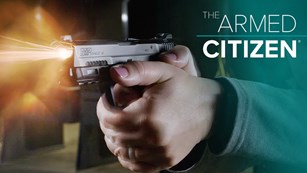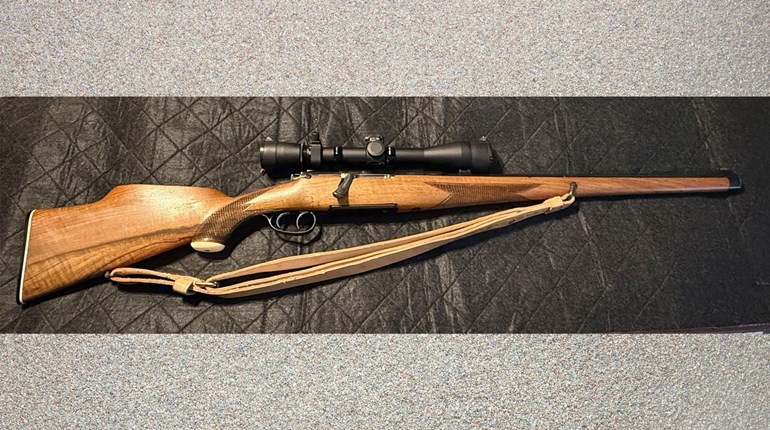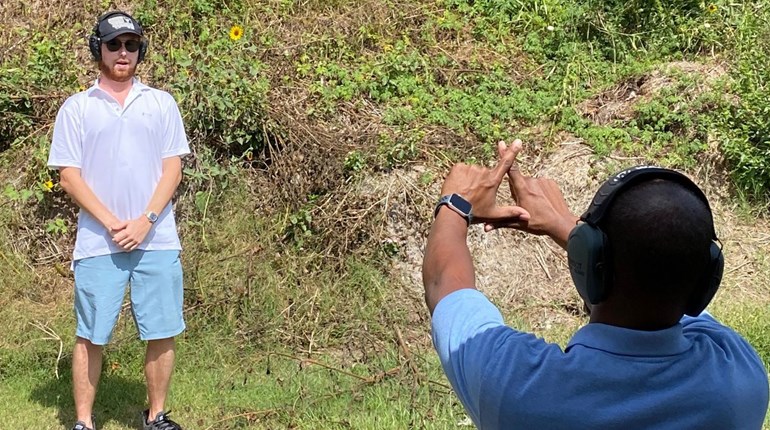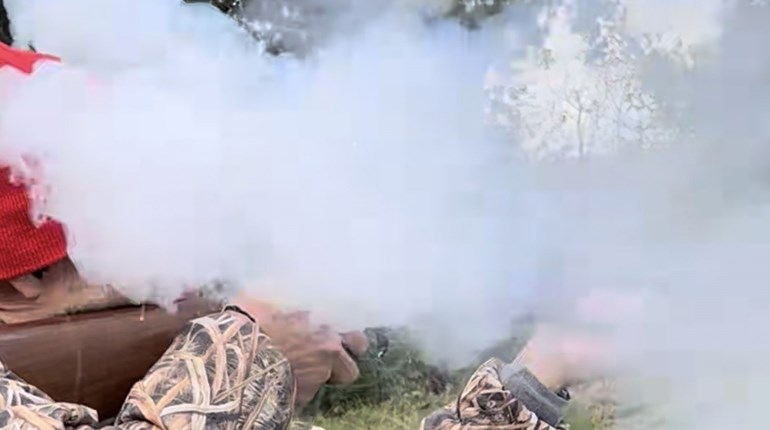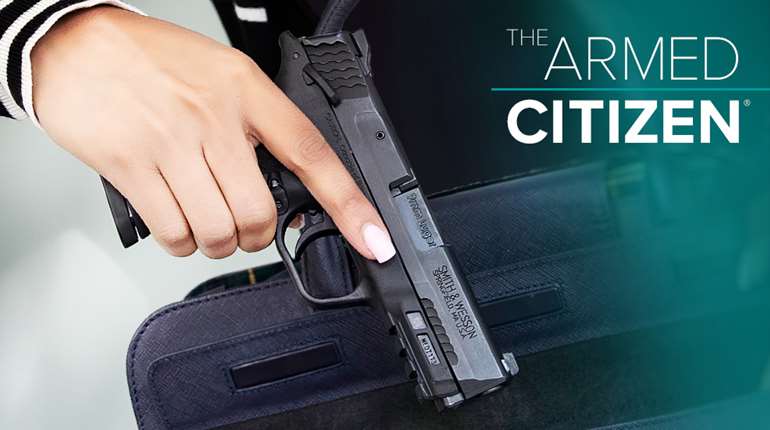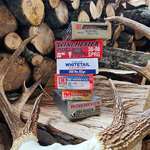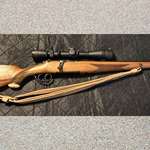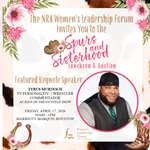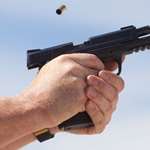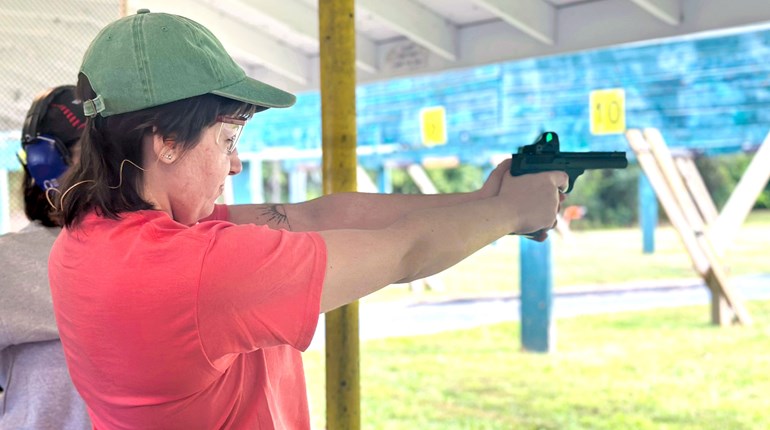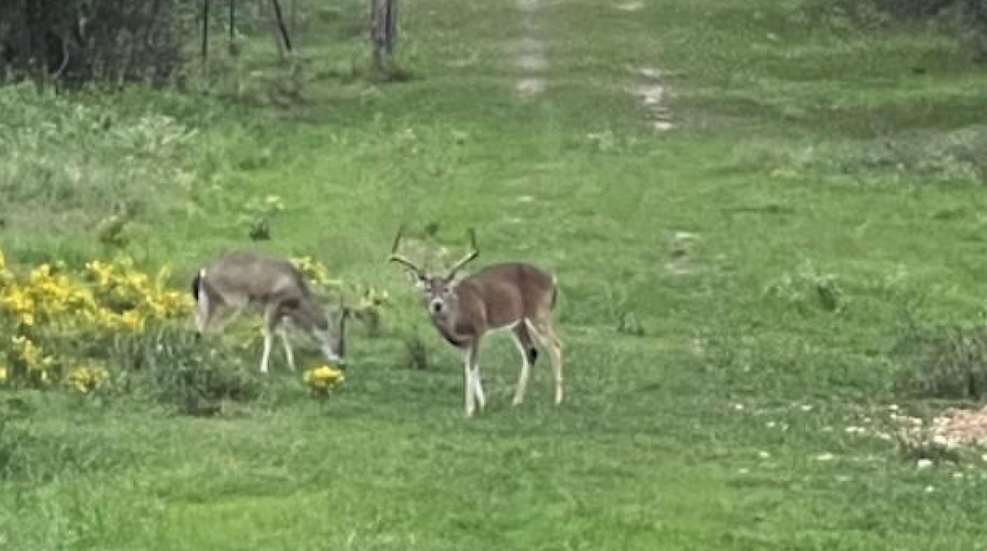
As hunting season approaches, it is time for every hunter to engage in some reflection and ask, “Was I an ethical hunter last season?” During your reflection, you should have answered this question with a resounding “yes!” In fact, most hunters are ethical hunters. Unfortunately, it is the unethical ones that get all the attention.
While most hunters attempt to be as ethical as possible, the few who are not are the ones make us all look bad. To mitigate this, hunters should always aim for these four good practices: Shoot at sporting distances; don’t rush your shot; use enough gun; and know your target and what is beyond it.
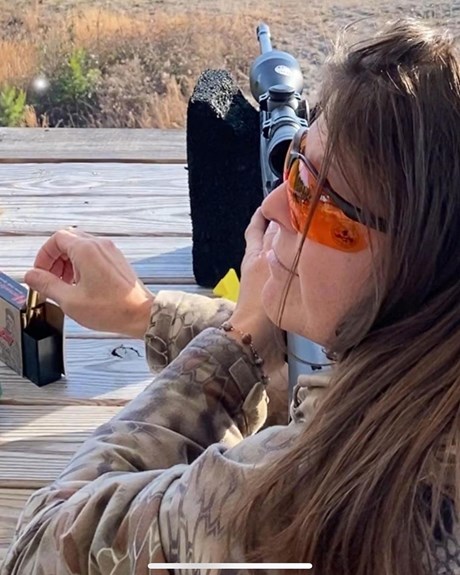
Shoot at Sporting Distances
A true sportsman is a true hunter. Many famous hunters from the late 1800s through the late 1900s believe that a true sportsman never takes a shot at a game animal that is more than 300 yards away. Many believe even that shots should be kept to 250 yards or less. Even more contemporary sportswriters and celebrity hunters agreed with their predecessors, even though bullet ballistics have greatly improved. Regarding long-range hunting, John Howard “Pondoro” (“Lion”) Taylor states in his book, African Rifles and Cartridges, “You are here to hunt—if long-range target shooting appeals to you more than hunting, then surely the rifle range will suit you better.”
There is hunting and then there is shooting. The potential for a wounding loss increases when a projectile fired from a long distance fails to mushroom or reach the vital organs. Someone once bragged about his nephew taking an elk he took at 800 yards. If he wants to impress me, show me a picture of an elk that he took at 25 yards. Now, that is hunting!
Do Not Rush Your Shot
When hunting, never rush your shot. A rushed shot very rarely results in a desired outcome. Rushing your shot usually ends up as a missed shot or a poorly placed bullet that can lead to wounding loss. If you cannot take the proper time to set up your shot and take the proper aim, it is best to pass taking a shot at the animal.
Ethical hunters have mastered that art of being patient. If an animal is not giving you the ideal, or at least an acceptable shot, wait. If you are lucky and are not detected first, you may eventually be presented with a proper target. This takes patience and skill.
Theodore Roosevelt wrote in The Wilderness Hunter about the importance of being patient while hunting, and equated this quality to an ethical hunter. A hunter who takes his or her time distinguishes himself or herself as a sportsman, as opposed to someone who is just a mere killer of animals. Every shot you take should be worth bragging about. Unethical shots are rarely talked about while sitting around the campfire.
Use Enough Gun
Use enough gun! I cannot stress this enough. These days I see many shooters gravitating toward the smaller caliber cartridges for big-game hunting, primarily because many of them lack the skills necessary to handle the larger cartridges. You can kill a large game animal with just about any cartridge, including the .22LR, but that does not mean you should or that it is ethical to do so.
As hunters, whether we are hunting small game animals such as rabbits, or large game animals such as elk or brown bear, we owe it to ourselves and to the animal to make a quick, clean and ethical kill. Using a caliber that is too small can cause wounding loss and/or undue suffering of the animal you shoot. In every NRA firearms training class, we teach that it is important to have the knowledge, skills and attitude necessary to perform any task properly and this includes hunting. I believe when you go to the field hunting a game animal with a caliber too small for the game you are hunting, you violate all three of the unwritten guidelines: knowledge, skills and attitude.
Knowledge: When you hunt, it is your responsibility to know how to properly identify the game animals you are hunting, the seasons, bag limits and bringing the proper equipment—including using the right caliber.
Skills: When hunting large game, you need the skills to be able to hit the vital areas with large caliber ammunition. It is not as easy to accurately shoot large calibers that have more recoil, than those lighter and smaller calibers. It takes a lot of practice and a lot of time behind the trigger at the range.
Attitude: A poor attitude is the reason most individuals fail at correctly performing a specific task. This includes laziness, complacency and just not caring about doing something correctly. Remember, as hunters we are looking for a quick, clean and ethical kill. Without a good attitude, you will not have any of these attributes of an ethical hunter.
Renowned hunting author Robert Ruark coined the phrase, “Use Enough Gun,” in his book reflecting the famous phrase as its title. The phrase encompasses the beliefs that every hunter has a duty to use a firearm that is powerful enough to ethically and humanely take down your animal. Ruark believed that pushing the boundaries when hunting can be a legitimate part of the hunting experience, but it should never be done at the expense of ethical hunting practices.
Know Your Target and What is Beyond It
If you come from the Hunter Education world in any state, knowing your target and what is beyond it is one of the central tenets of being an ethical shooter. Failing to properly identify your target and making sure that there is nothing standing behind it or beyond, has cost many hunters fines, confiscated equipment, and loss of hunting privileges.
Author Jim Posewitz is looked at as the foremost expert when it comes to modern hunting ethics and fair chase the Hunter Education programs nationwide. In his book Beyond Fair Chase: The Ethics and Traditions of Hunting, Posewitz stresses the importance of target identification.
Some of the key points that Posewitz addresses are when, where and how an ethical hunter should take his or her animals. An ethical hunter should never shoot into a herd, flock or group of animals because of the likelihood of hitting unintended targets. This is especially true if you have a chance of hitting a non-game animal, one that is not legal for the hunting season, or hitting too many doves, for example, and putting you over your bag limit. Other things Posewitz stresses are separating ethical hunters from unethical hunters. One example includes not properly identifying your target before taking a shot through brush or shooting over the top of a hill or rise not seeing what lies beyond. Both examples are dangerous; there is a chance of hitting another game animal, livestock or even a person.
Knowing your target and what is beyond it might take some pre-season preparation. This means scouting where you plan to hunt ahead of time. You may need to clear brush or other obstacles that might hinder your view from your hunting blind. You always want a clear pathway or shooting lane for proper target identification and strive for that quick, clean and ethical shot.
Whether you choose to be an ethical hunter or an unethical one is up to you. When you pick up that firearm and head into the woods, it is imperative that you have all the intentions to take a quick, clean, and ethical shot. Ethical hunters should always present a positive image so those who are non-hunters have respect for all of us who participate in the sport. Unethical hunters quickly turn off non-hunters and can even drive them to the “other” side of anti-hunters. Remember that being an ethical hunter is not only a personal thing, but it affects all hunters. Train yourself to be patient while hunting, and practice your shooting skills at proper sporting distances, not rushing your shot, using enough gun, and knowing your target and what is beyond it.










